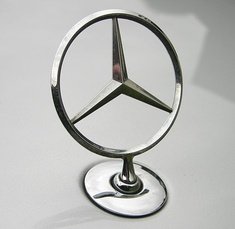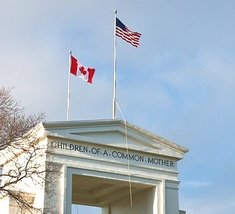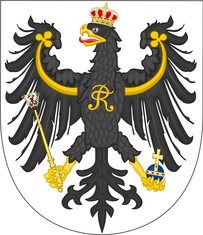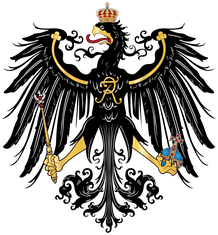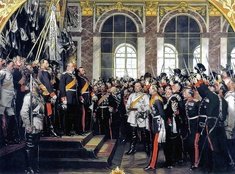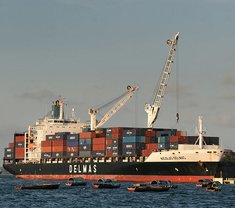Featured Quizzes
User Quizzes
Create Quiz
Data and Charts
Badges and Games
About JetPunk
JetPunk Shop
Dark Mode
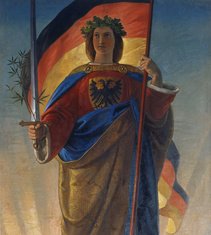
Edexcel History 4. The Unification of Germany I
In this quiz the answers change every time you play! Guess the answers to these questions
Answer must correspond to highlighted box!
Rate:
Last updated: July 24, 2019
You have not attempted this quiz yet.
More quiz info >>
| First submitted | July 20, 2019 |
| Times taken | 51 |
| Average score | 30.0% | Report this quiz | Report |
6:00
Enter answer here
0
/ 20 guessed
Time Used
00:00
Best Time
00:00
The quiz is paused. You have remaining.
Scoring
You scored / = %
This beats or equals
% of test takers
also scored 100%
The average score is
Your high score is
Your fastest time is
Keep scrolling down for answers and more stats ...
|
|
Comments
No comments yet
New and Popular
Save Your Progress
Edexcel/Pearson A-Level History
Quiz series by robalot39
...
Copyright H Brothers Inc, 2008–2024
Contact Us | Go To Top | View Mobile Site

